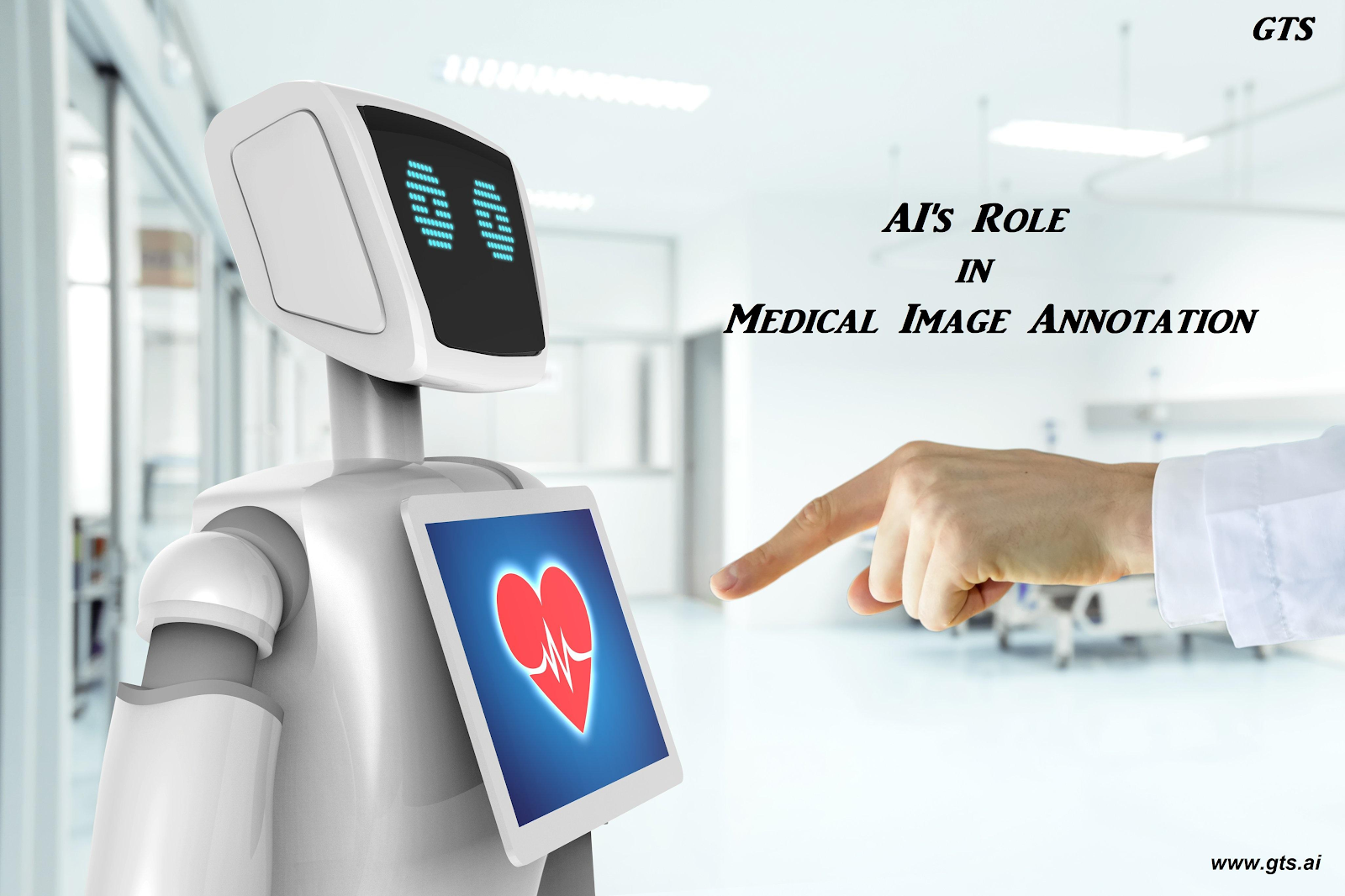Medical data collection future impact in healthcare sector.
Medical Data Collection: The Future Impact on Healthcare Sector
Data is numerous types of information formatted in a specific way. As a result, data collecting is defined as the act of obtaining, measuring, and analyzing correct data from several relevant sources to identify solutions to study problems, answer questions, evaluate outcomes, and forecast trends and probability. Our civilization is heavily reliant on data, emphasizing the significance of data collection. To make educated business decisions, assure quality assurance, and maintain research integrity, accurate data collecting is required.
Medical data collection and analysis have always been an integral part of the healthcare industry. With the advancement of technology and the growing demand for personalized and efficient medical care, the importance of medical data collection is increasing rapidly. The future impact of medical data collection in the healthcare sector is going to be enormous and will shape the way healthcare services are provided to patients.
In this blog, we will discuss the future impact of medical data collection in the healthcare sector and how it is likely to change the way healthcare is delivered.
1. Personalized Medicine:
One of the most significant benefits of medical data collection is the ability to provide personalized medicine. By collecting and analyzing vast amounts of medical data, healthcare providers can tailor treatment plans to an individual’s specific needs and conditions. This will result in better patient outcomes and an increased level of patient satisfaction.
2. Improved Clinical Decision-Making:
The availability of accurate and up-to-date medical data will enable healthcare providers to make more informed decisions about the care of their patients. With the help of advanced analytics and machine learning algorithms, healthcare providers can easily access and analyze medical data to identify patterns and trends. This will result in more effective treatment plans and improved patient outcomes.
3. Increased Efficiency:
Medical data collection and analysis will also help to increase the efficiency of the healthcare system. By automating many manual processes and reducing the time spent on data collection and analysis, healthcare providers can focus on delivering quality care to their patients. This will result in a more streamlined and efficient healthcare system, which will ultimately benefit patients.
4. Better Collaboration:
Medical data collection and analysis will also improve collaboration between healthcare providers. By sharing medical data across different healthcare organizations, healthcare providers can work together to provide better care to their patients. This will result in a more integrated and efficient healthcare system, which will benefit both patients and healthcare providers.
5. Enhanced Research and Development:
Medical data collection and analysis will also play a crucial role in enhancing research and development in the healthcare sector. By collecting and analyzing large amounts of medical data, researchers can identify new treatment options and develop innovative solutions to improve patient outcomes. This will result in a more dynamic and innovative healthcare sector that is better equipped to tackle the challenges of the future.
In conclusion, medical data collection and analysis are poised to have a significant impact on the healthcare sector in the future. With the ability to provide personalized medicine, improved clinical decision-making, increased efficiency, better collaboration, and enhanced research and development, the future of medical data collection in the healthcare sector is bright. As technology continues to advance, it is likely that the impact of medical data collection will only become more pronounced, shaping the way healthcare is delivered for years to come.
Datasets and GTS
The impact of data on the healthcare sector is evident. Integration is becoming increasingly important to reap the rewards that data can offer the enterprise as big data transformation strategies like IT modernization and cloud environments take the lead. That’s why we at Globose Technology Solutions aim to provide the best quality healthcare datasets for your AI/ML models. We are experienced and have enough expertise to complete any sort of project.




Comments
Post a Comment